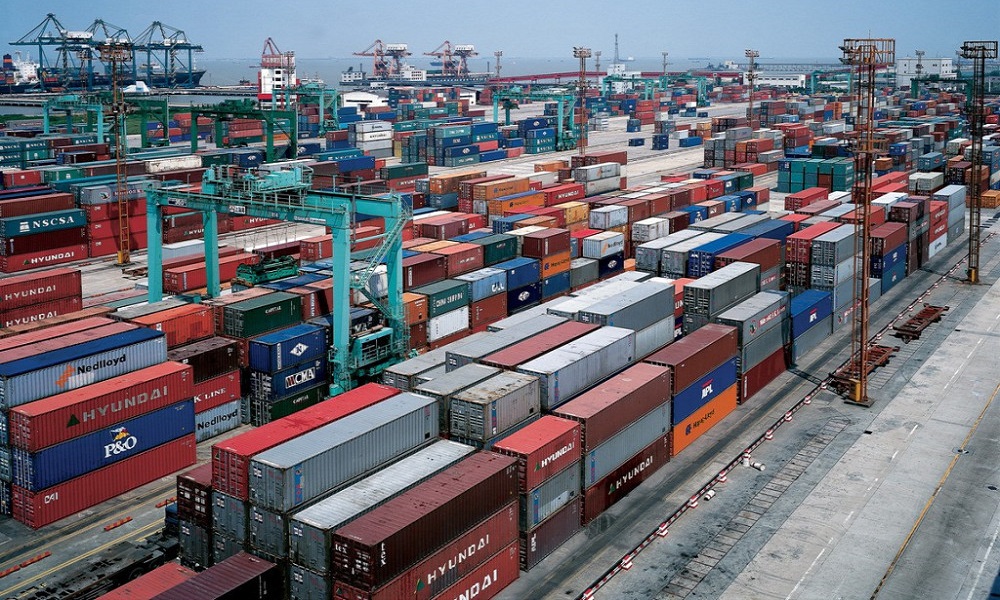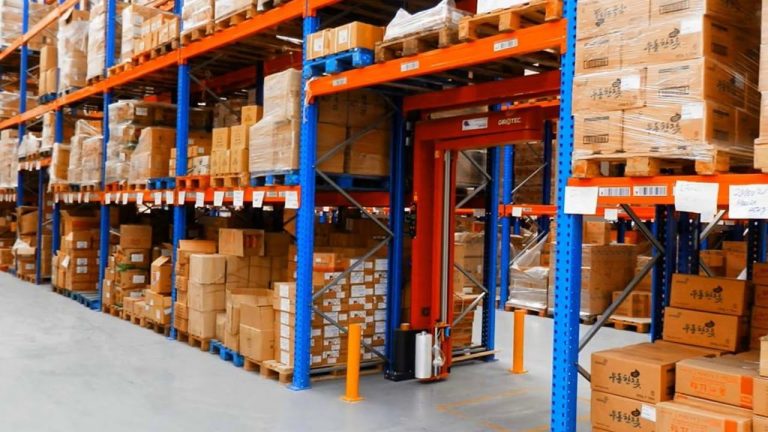How Malaysia’s Innovative Container Industry Is Reshaping Global Packaging Standards

The strategic importance of selecting the right plastic container supplier that Malaysian businesses rely upon extends far beyond conventional considerations of cost and convenience. In an era defined by environmental imperatives, regulatory complexity, and supply chain volatility, the decisions manufacturers make about packaging partners increasingly determine not just operational efficiency but fundamental brand viability. This reality, emerging gradually over decades but now undeniable, has positioned Malaysian suppliers at the nexus of several converging global trends.
The Geopolitical Dimensions of Packaging Choices
The selection of packaging suppliers now occurs within a geopolitical context that would have been unrecognisable just a generation ago. As trade tensions between major powers intensify and supply chains fragment, Malaysian manufacturers have cultivated a distinct advantage through their careful positioning within regional trade frameworks. This neutrality—a deliberate strategy rather than historical accident—provides stability increasingly valued by global brands.
“Our production planning now incorporates geopolitical risk assessment as a standard protocol,” explains a senior procurement specialist from Penang. “The ability to maintain a consistent supply regardless of fluctuating international tensions has become a primary competitive advantage.”
This advantage manifests in several operational approaches:
- Diversified raw material sourcing from multiple regions
- Strategic inventory management balancing efficiency with resilience
- Redundant production capabilities distributed across facilities
- Transportation partnerships spanning multiple carriers and routes
- Documentation systems accommodating rapidly changing trade requirements
The Environmental Imperative Beyond Simple Claims
The environmental dimensions of container production have transcended simplistic marketing narratives to become substantive business considerations with measurable financial implications. Malaysian suppliers have distinguished themselves through environmental approaches characterised not by vague sustainability claims but by verifiable metrics and independently certified processes.
“The market has matured beyond accepting mere environmental assertions,” notes a sustainability director based in Johor. “Contemporary clients require documented evidence of environmental performance throughout the entire production cycle.”
This evidence-based approach encompasses:
- Life-cycle assessments quantifying carbon footprint across the entire value chain
- Material selection processes balancing immediate and long-term environmental impacts
- Energy efficiency initiatives with documented carbon reduction results
- Water conservation systems appropriate to Malaysia’s tropical climate
- Waste management protocols exceeding regulatory requirements
The Technological Transformation of Container Production
Perhaps most striking is the technological evolution that has transformed Malaysian container manufacturing from basic production operations to sophisticated technology centres. This transformation—largely overlooked by casual observers but evident to industry participants—has fundamentally altered the value proposition of Malaysian suppliers.
The technological capabilities now include:
- Advanced material formulations optimising performance with reduced resources
- Precision manufacturing, achieving tolerances previously impossible
- Quality control systems utilising artificial intelligence for defect detection
- Customisation capabilities accommodating client-specific requirements
- Digital integration enabling real-time production monitoring
“The misconception that container manufacturing represents simple production persists despite overwhelming evidence to the contrary,” observes a Malaysian manufacturing engineer. “Contemporary container production involves material science and precision engineering comparable to much more celebrated industries.”
The Regulatory Navigation Advantage
The regulatory landscape governing packaging has evolved into a labyrinthine complex of overlapping jurisdictional requirements. Malaysian suppliers have developed particular expertise in navigating this complexity, transforming regulatory compliance from operational burden to strategic advantage.
This expertise includes:
- Simultaneous compliance with multiple jurisdictional requirements
- Anticipatory adjustment to emerging regulatory trends
- Documentation systems exceeding standard compliance requirements
- Testing protocols verifying performance against regulatory standards
- Certification partnerships with globally recognised authorities
“The regulatory framework increasingly functions as a determining factor in supplier selection,” explains a compliance specialist. “The ability to ensure uninterrupted market access across multiple jurisdictions has become a primary consideration for global brands.”
The Cultural Dimensions of Manufacturing Excellence
Less quantifiable but equally significant are the cultural factors underlying Malaysian manufacturing excellence. The distinctive Malaysian business culture—with its emphasis on meticulous attention to detail, collaborative problem-solving, and long-term relationship development—has proven particularly well-suited to the requirements of precision container production.
“What distinguishes Malaysian manufacturing culture is not a single attribute but the integration of multiple complementary characteristics,” notes a business anthropologist studying manufacturing practices. “The combination of technical precision, collaborative approaches, and relationship emphasis creates a manufacturing environment particularly conducive to complex production requirements.”
The Economic Evolution from Production to Partnership
The economic relationship between Malaysian container suppliers and global brands has evolved substantially from transactional production arrangements to strategic partnerships. This evolution reflects recognition that container selection represents not merely a procurement decision but a strategic choice with implications spanning operations, compliance, and market positioning.
This partnership approach encompasses:
- Joint research initiatives exploring emerging packaging technologies
- Collaborative design processes optimising container performance
- Integrated logistics planning streamlines distribution systems
- Shared sustainability objectives with coordinated implementation
- Long-term planning aligning capacity development with brand growth
“The contemporary relationship extends far beyond conventional supplier dynamics,” observes an industry analyst specialising in packaging partnerships. “Leading Malaysian manufacturers function effectively as extended operational divisions of the brands they supply.”
The Path Forward: Integration of Digital and Physical Systems
The future development trajectory appears increasingly defined by the integration of digital and physical systems, creating unprecedented capabilities in production efficiency, quality assurance, and environmental performance. Malaysian suppliers have made substantial investments in these integrated capabilities, establishing technological foundations difficult for competitors to replicate.
The emerging capabilities include:
- Digital twin modelling enabling virtual optimisation before physical production
- Real-time production analytics identifying efficiency opportunities
- Predictive maintenance systems maximise operational continuity
- Automated quality verification ensuring perfect consistency
- Digital material passports facilitating circular economy initiatives
Conclusion: Strategic Implications for Global Manufacturers
The capabilities developed by Malaysian container suppliers carry implications extending far beyond tactical procurement considerations. In an era where packaging decisions increasingly influence everything from regulatory compliance to consumer perception, the selection of manufacturing partners represents a decision with strategic significance.
For brands navigating the complex intersection of operational requirements, environmental imperatives, and regulatory compliance, the fundamental question is not whether packaging partnerships matter but how to identify partners capable of addressing these multidimensional challenges. Establishing the right relationship with a forward-thinking plastic container supplier in Malaysia may well determine not just packaging effectiveness but ultimate market success.









